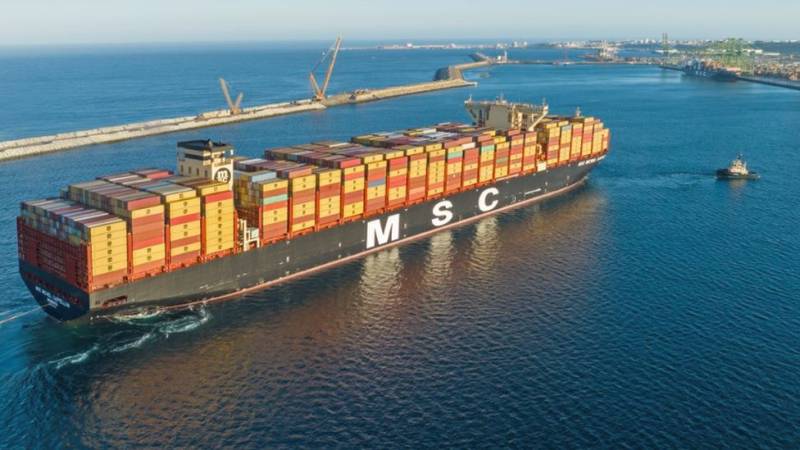
In the wake of increased Houthi rebel attacks on shipping vessels in the Red Sea, the global supply chain is facing unprecedented disruptions, raising concerns about the potential impact on trade and prices. The attacks, which intensified in response to the Israel-Hamas war, have prompted major shipping lines and oil transporters to suspend services through the Red Sea, a critical waterway for approximately 12% of global trade, including 30% of global container traffic.
As more than a dozen vessels have fallen victim to Houthi strikes since the beginning of the conflict in October, several prominent shipping companies, including MSC, Maersk, Hapag Lloyd, CMA CGM, Yang Ming Marine Transport, and Evergreen, collectively representing around 60% of global trade, have announced immediate diversions of scheduled journeys to ensure the safety of their vessels.
In response to the escalating threat, the United States, along with the United Kingdom, Bahrain, Canada, France, Italy, Netherlands, Norway, Seychelles, and Spain, has initiated Operation Prosperity Guardian, a coalition aimed at safeguarding ships in the southern Red Sea. While efforts are underway to protect vessels, the attacks have already prompted major oil companies like BP and oil tanker group Frontline to temporarily halt shipping activities in the region, citing the deteriorating security situation.
The ripple effects of these disruptions are being felt across industries. The Asia-U.S. East Coast Ocean freight costs have surged by 5% since the onset of the Israel-Hamas war, reaching $2,497 per 40-foot container, according to Freightos. With companies avoiding the Suez Canal and opting for routes around Africa, shipping times are increasing by up to 14 days, leading to higher fuel costs and a perceived "vessel capacity crunch." Delays in container and commodity deliveries are now inevitable.
Insurers are adapting to the evolving situation by widening high-risk zones, potentially resulting in higher costs for shippers and consumers. Moody's notes potential credit positive implications for the shipping industry but also highlights the increased risk of further disruption to supply chains if the situation extends beyond a few days.
The economic fallout extends beyond the shipping industry, affecting Egypt's already struggling economy. The Suez Canal, a vital revenue source for Egypt, is now facing reduced traffic, adding to the economic challenges posed by the Israel-Hamas war's impact on tourism. Attacks in the Red Sea will continue to cause shipping delays, and possibly drive up the prices of goods, posing a new inflation risk to the world economy.
